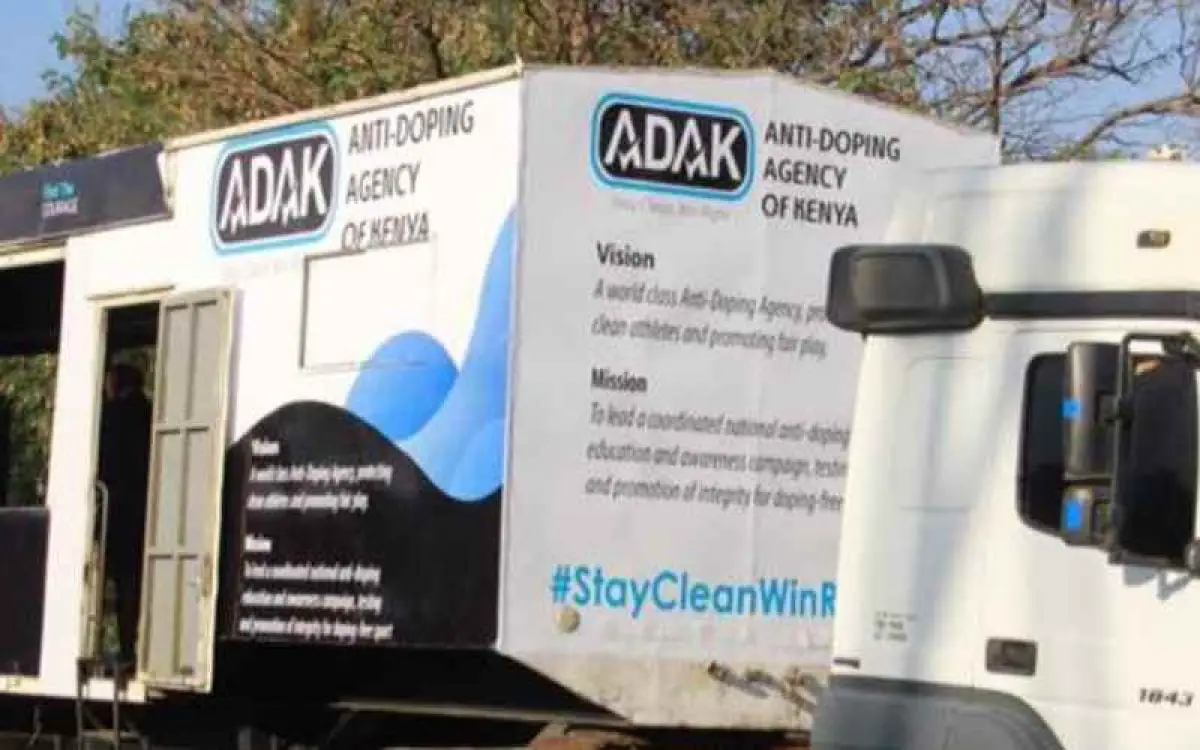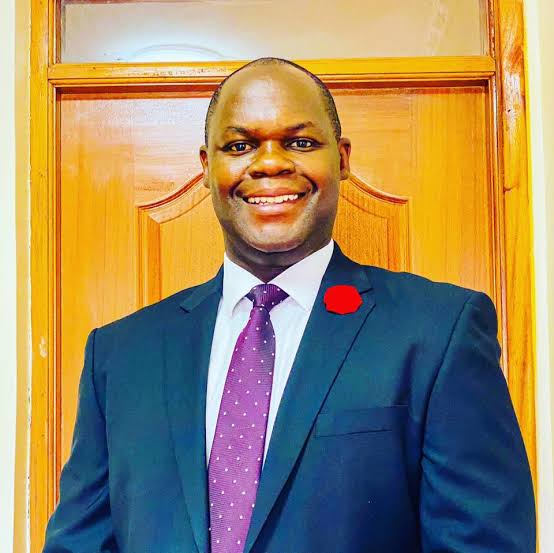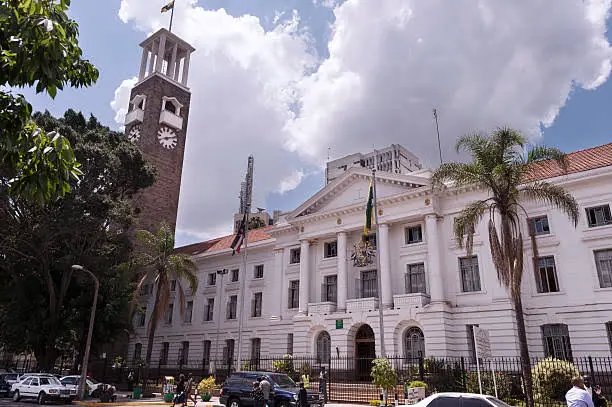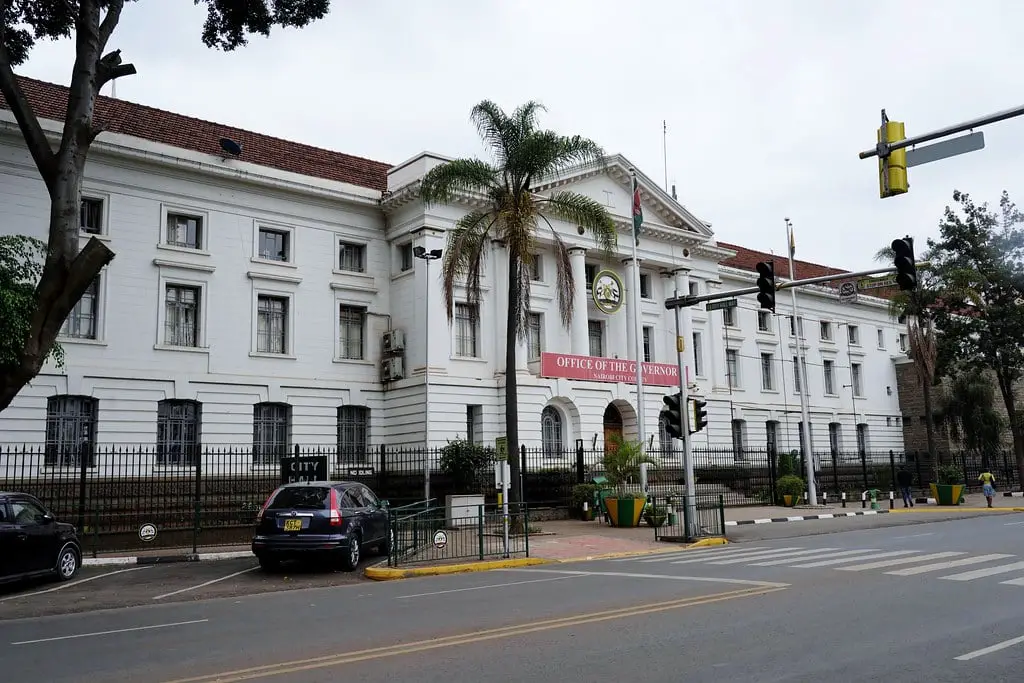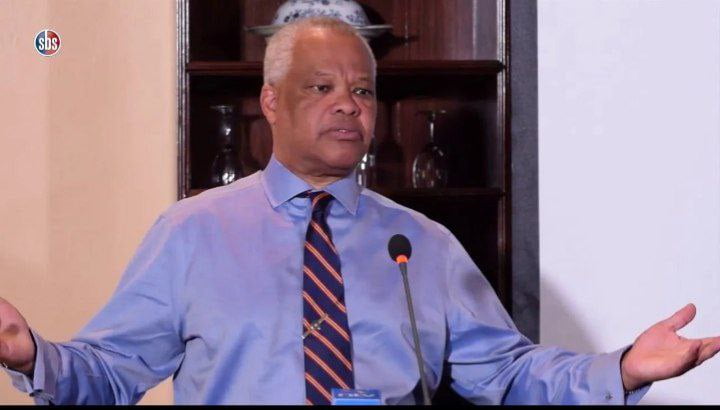[ad_1]

“Time to eat,” said Joseph Thomas, their wiry guardian of 40 years, tossing bananas into the furry crowd.
Chimps aren’t supposed to be stuck on their own island — especially one with no food — or mingle with much-weaker humans. But nothing about Liberia’s Monkey Island is normal. It’s a spectacle, an increasingly costly burden and the enduring legacy of American scientists who set out to cure hepatitis B in 1974.
Animal testing has existed since doctors in ancient Greece studied the anatomy of rodents — an estimated 115 million creatures are still used each year in research worldwide — but rarely is the aftermath so visible. Rarely is it so hungry.
This colony of 66 chimpanzees, which never learned to survive in the wild, eats about 500 pounds of produce each day, plus a weekly batch of hard-boiled eggs for protein. They rely on money from a charity abroad and the devotion of men who’ve known them since they lived in steel cages.
“That’s Mabel,” said Thomas, the captain of that small crew, pointing to a 100-pound female. “Look! She likes to wash her food in the water.”
As if on cue, Mabel dunked her banana in the mud-brown river.
Thomas, 60, met the chimp, 36, when she was a baby who pressed the soft black pads of her fingers into his open palm.
The New York researchers who once injected her with viruses quit the country during the deadliest Ebola outbreak in history, abandoning Mabel and other animals who can live half a century.
Thomas hadn’t planned to devote his life to protecting chimps through epidemic and civil war. Risk hangs over interactions with the brawny animals, who might still carry disease. The caretaker trusts they won’t hurt him because they know him.
His long, strange mission started on the tennis court. He dreamed of becoming a professional athlete until he met a researcher from the New York Blood Center. She would give him a job, he said, if he could give her tennis lessons.
At age 20, Thomas became a caretaker at the nonprofit organization’s chimp laboratory in remote Robertsville. He fed the animals, cleaned up after them and got to know their personalities, which ranged from shy to class clown.
He was promoted four years later to medical technician. The chimps were infected with hepatitis and river blindness, an eye sickness caused by a parasite, as researchers developed vaccines.
Chimp testing doesn’t happen anymore. They hate to be cooped up. They laugh, cry, get jealous and have temper tantrums — “just like us,” Thomas said.
He tended to the animals like they were his children. He hoped the experiments would ease suffering in West Africa and beyond. The New York Blood Center set up shop in Liberia because chimps — now considered an endangered species — were already climbing the trees of its dense forests.
No one expected the lab to tumble into chaos.
In the early 1990s, Charles Taylor — the rebel leader who would become Liberia’s 22nd president and later a convicted war criminal — unleashed his ragtag army across the country, killing thousands and forcing untold others from their homes.
The American researchers fled. Thomas stayed behind with the chimps. Taylor’s soldiers, he said, stole the lab’s cars.
Conflict surged into the 2000s as militants fought for control of Liberia, and public pressure to end testing on chimps snowballed. The New York Blood Center halted tests in 2004, sparking a big question: What would they do with all the animals?
Putting them back into the nation’s forests wasn’t an option. They could spread disease to others through body fluids, and they didn’t know how to pick fruit or hunt insects.
Another problem arose from their artificial comfort zone. What if the chimps heard the familiar sound of people talking — or poachers talking — and ambled out to say hi?
“The only way to hold them was to put them on an island,” Thomas said.
There are six islands in the Farmington and Little Bassa rivers. These makeshift sanctuaries on the Atlantic coast became collectively known as Monkey Island.
Thomas and the other caretakers collected funds from New York to deliver the chimps buckets of bananas and lettuce, among other goods, every two days. A veterinarian stayed on the group’s payroll to check on the animals.
In 2009, the New York Blood Center said it was getting hard to pay for Monkey Island. The charity contacted Liberia’s then-president, Ellen Johnson Sirleaf, for help and received no reply, its spokeswoman told The Washington Post. (A spokesman for Sirleaf declined to comment.)
By 2015, as the Ebola virus ravaged the country, the New York Blood Center notified the Liberian government that it could “no longer divert funds from its important lifesaving mission here at home,” a spokeswoman said in a recent statement.
Thomas stuck to the feeding schedule until the last penny was gone.
He went with the other caretakers from fruit stall to fruit stall, seeking donations — a daunting task in a time of epidemic. One particularly generous neighbor gave him 50 pieces of coconut. The men gathered enough food to keep the chimps alive if not full for a few weeks.
During that period, Thomas remembers pulling up to islands and seeing frantic, desperate animals. They screamed and fought over scraps. It wasn’t enough.
He told the story to whoever would listen, he said, and eventually found a sympathetic ear with connections to Humane Society International in Washington.
The nonprofit group has since bankrolled the care, spending about $500,000 annually on Monkey Island. Meals now happen twice a day. The price grows, though, as the colony does. (Facing backlash, the New York Blood Center agreed to pay the Humane Society $6 million in 2017. At the time, the Humane Society estimated the total cost of caring for the chimps to be $17 million.)
Despite the team of 10 caretakers’ best family-planning efforts, which include vasectomies for males and slipping birth control in sugary milk paste, the chimps have had a few babies. “Very cute accidents,” Humane Society chief executive Kitty Block said.
Over the years, Monkey Island has become a local legend, though some news articles have painted the inhabitants as infectious threats.
“A bunch of ‘monster’ Chimps are living on their own island in a Planet of the Apes meets Resident Evil-style scenario,” read one news story published on an Australian news site.
The public should stay away from animals that might get spooked and attack, he said.
The caretakers dream of building an animal hospital on one of the sanctuaries, as well as a proper security system to keep people away. As of now, one man sits on a small dock off each island, telling onlookers to scram.
That doesn’t stop fishermen from floating over for a peek, and guidebooks from irresponsibly advising tourists to hitch a ride.
No one can get as close as Thomas. Photos show him standing knee-deep in river water, hugging the chimps he sees as family.
He greets them by name: Mabel. Stuart. Juno. Ellyse. Annie.
“I’ll be doing this,” he said, “until they die or I do.”
Correction: An earlier version of this story referred to a news article written by an Australian reporter. It should have said the article appeared on an Australian news site.
[ad_2]










